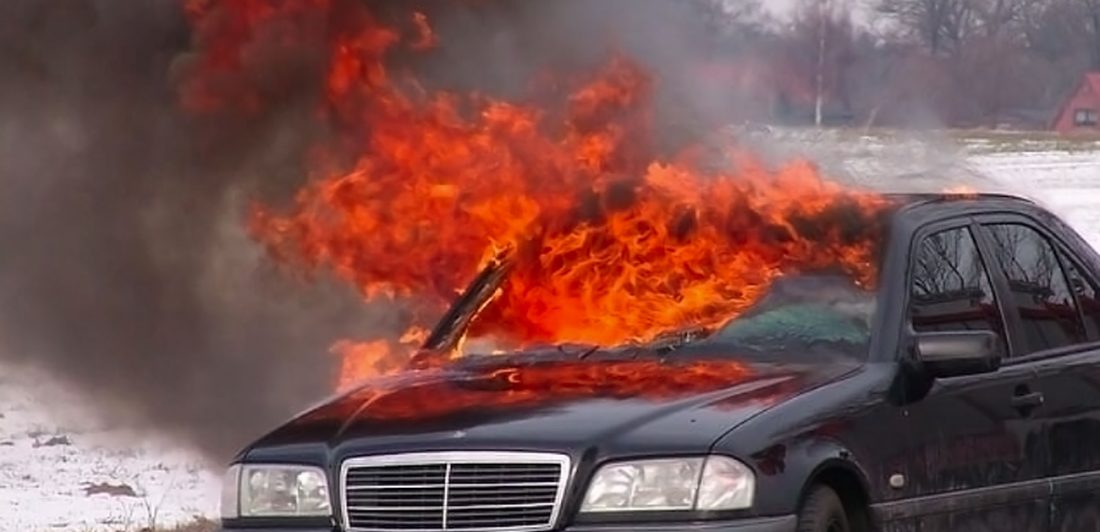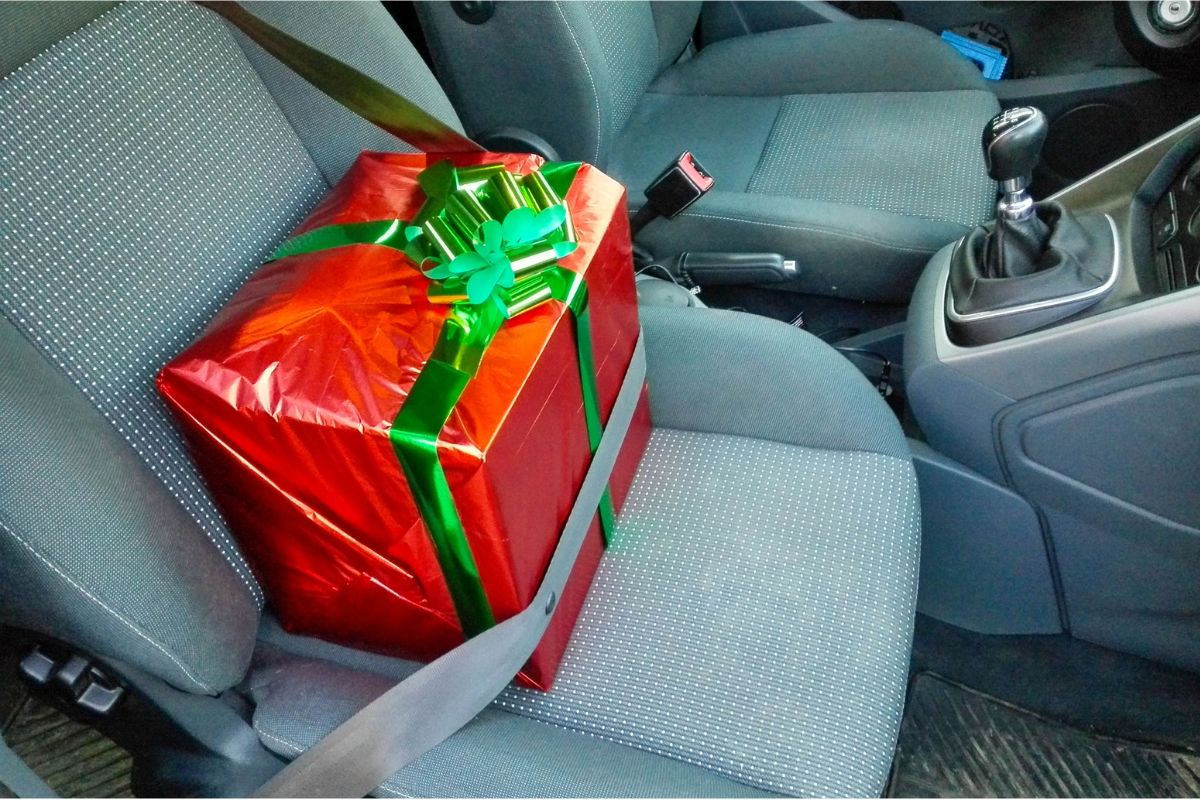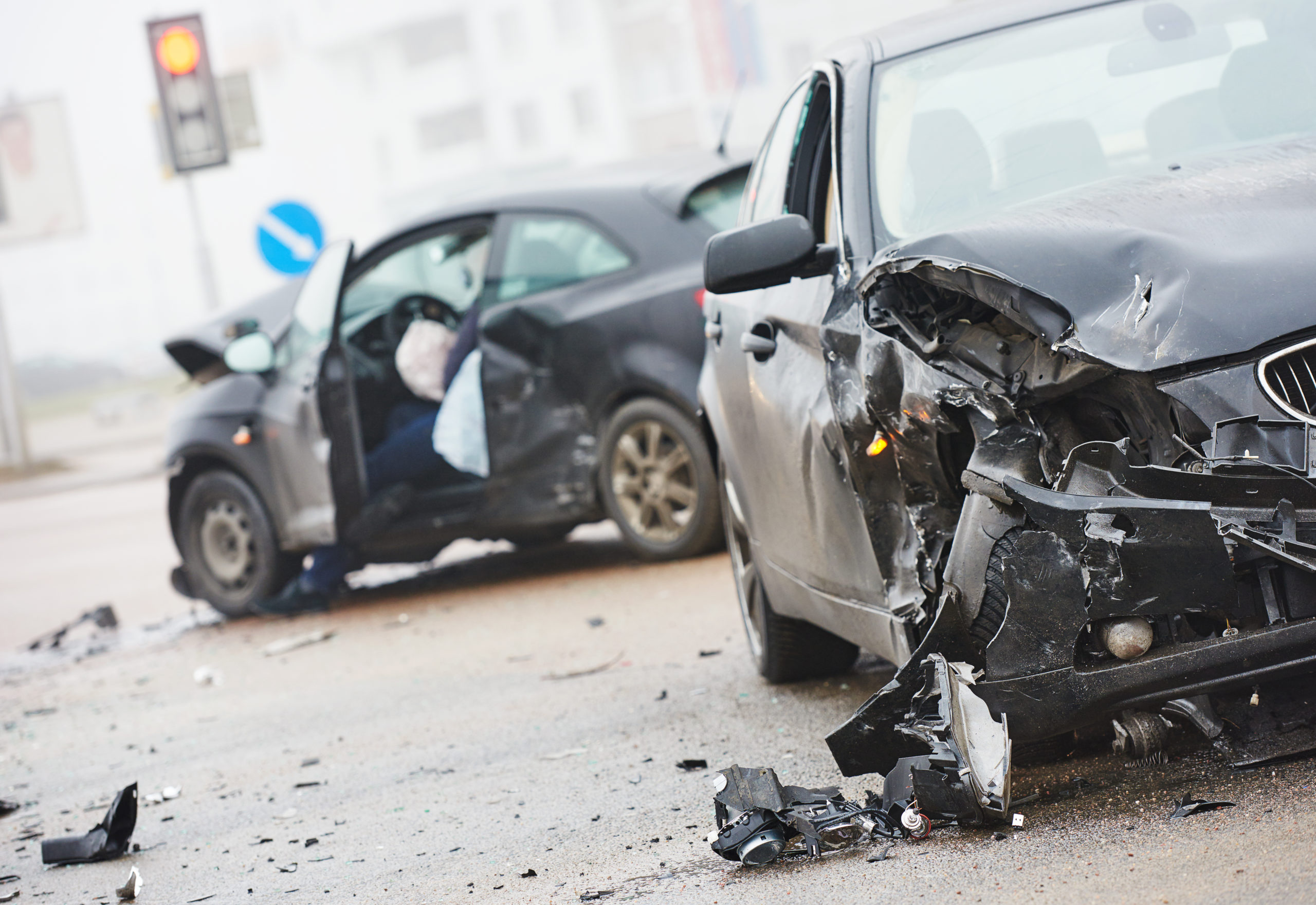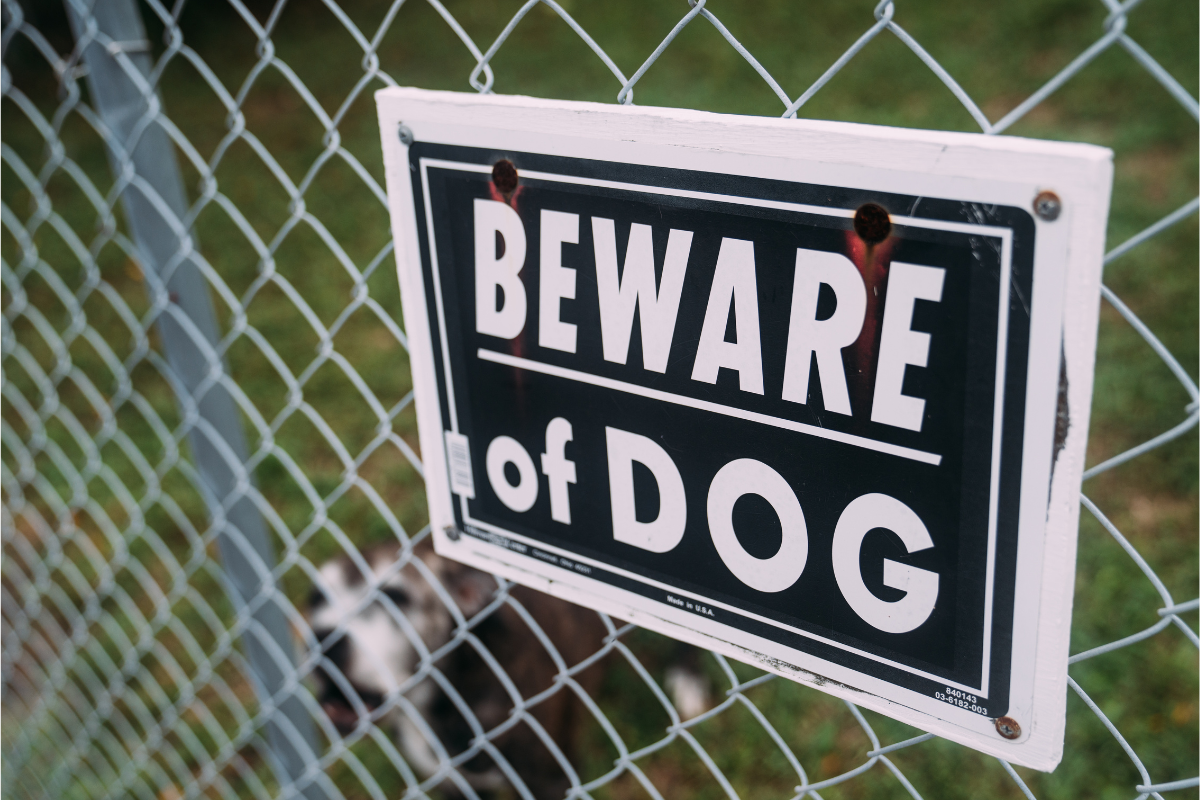The smell of something burning is definitely not something you want to experience while you are driving. Alarmingly there were 174,000 vehicle-related fires in 2015.
Many are unaware that the engine is not the only compartment in which a car fire can start. Fires may also occur under the vehicle, near the wheels and brakes, and even inside the car. Interior fires are the most frightening because of your close proximity to the flames, fumes, and smoke. Knowing what to do in the tragic event that your vehicle does catch on fire can prevent injuries and ultimately save lives.
Warning signs of a car fire
- A missing cap from the oil filter
- Fuses that blow repeatedly
- Spilled oil under the hood
- Wiring with exposed metal
- Broken or loose hoses
- Loud sounds from the exhaust system
- Rapid changes in fuel level, oil levels or engine temperature
Defects causing car fires
Automotive manufacturers have the responsibility to inspect and adequately test their parts. It is foreseeable that motor vehicles will be involved in collisions. Therefore, automakers have the duty to design and manufacture vehicles that are not susceptible to fire or explosion. Too often manufacturers are negligent and put unsuspecting individuals in danger. Some automotive defects may be responsible for injuries caused by a car fire including:
- Poor placement of fuel tanks
- Cruise control malfunctions
- Faulty gas tank designs
- Battery malfunctions
- Electrical system defects
- Defective vehicle wiring
8 steps to take if your car is on fire
The first thing to think about is personal safety. A vehicle can be replaced; people cannot.
If you smell something burning or see smoke coming from under your hood, you should pull over immediately. Even if you're moving slowly, the motion will force air into the engine compartment. Fires feed off of oxygen.
Properly use your signal and move to the right lane. Pull safely on to a shoulder or the side of the road. Do not push your luck by trying to arrive at your destination first.
Turn off the ignition to stop the flow of fuel. If the engine stays running, a full-blown fire may occur.
Put on your hazards to warn other drivers. If you fail to do so, someone may not have time to stop and rear-end your vehicle.
Get out of the car and get any passengers out of the car as quickly as possible. Burning plastics and other materials can produce toxic gases, and if you stay in your vehicle, you could be overcome by them. Do not worry about your belongings; it takes a split second for an explosion to happen.
Stay at least 100 feet away and keep onlookers away as well.
Don’t try to be a hero and attempt to put the fire out yourself. There are unseen dangers such as the possible ignition of fuel in the vehicle’s tank.
Call 911. Even if you are not sure what exactly is going on, a car fire can be deadly. Your life is not worth the risk!
Injuries from car fires
In 2015 there were 1,550 injuries and 445 deaths caused by vehicle fires in the United States according to the National Fire Protection Association.
Burns are among the most painful injuries a person can face. Burns are classified in four degrees, with fourth-degree burns being the worst, sometimes even fatal.
A fourth-degree burn may require an amputation which will make it difficult for a person to work or lead a normal life. This would involve costly therapy and treatments.
Tips to help prevent vehicle fires
Safe driving and regular maintenance are critical in reducing your chances of being involved in a car fire. Below are a few tips to contribute to the effort of keeping you and your family safe while on the road.
- If you smell rubber or plastic burning, pull over to investigate.
- Avoid parking in dry grass on hot days. Catalytic converters are located under vehicles and can get extremely hot and ignite dried grass directly under the parked vehicle.
- Avoid storing flammable materials in your vehicle. Although you may need to transport items such as gas cans, lighter fluids, or propane gas, don’t leave them in your vehicle or place them in your passenger areas.
- Keep your car clutter free. Throw out trash and avoid it from piling up causing a fire hazard. Crumpled paper will act as fuel if there is a spark.
- Carry a fire extinguisher. You can find a fire extinguisher for automobiles at your local auto parts store.
How The Carlson Law Firm can help
If you have suffered an injury from a car fire due to someone else’s negligence, don’t wait any longer to contact The Carlson Law Firm. You may be entitled to compensation for your medical expenses, pain, suffering, lost wages, and other losses. Here at the Carlson Law Firm, we have a team of attorneys, legal assistants, private investigators, and on-site nurses ready to not only help prove negligence but get you the treatment you need to recover. We are open 24/7 because we care, we can help.
Contact us today for a free, no-obligation consultation.




